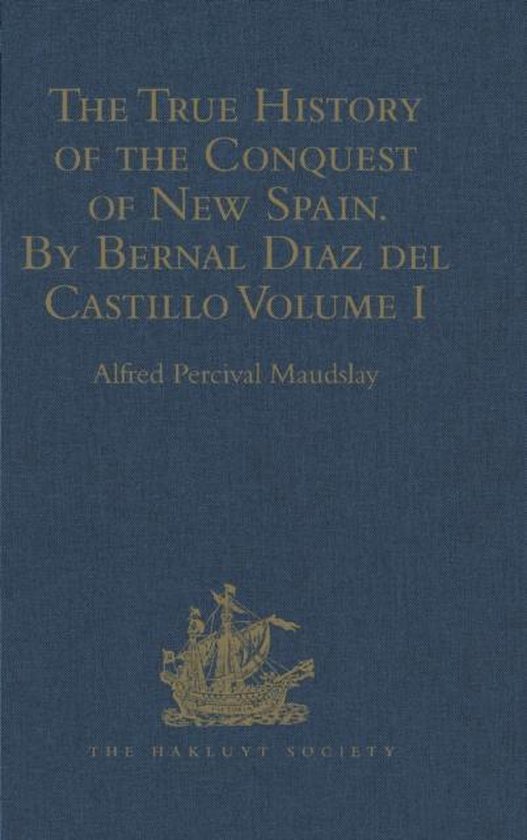The True History Of The Conquest Of New Spain
The is a grammatical article in English denoting nouns that are already or about to be mentioned under discussion implied or otherwise presumed familiar to listeners readers or speakers It We use the definite article in front of a noun when we believe the listener/reader knows exactly what we are referring to: The Pope is visiting Russia. The moon is very bright tonight. Who is …

Jul 22 2025 nbsp 0183 32 Used before a noun phrase beginning with superlative or comparative adjective or an ordinal number indicating that the noun refers to a single item That was the juiciest apple You're the fifth person to ask me that question. used to say that the particular person or thing being mentioned is the best, most famous, etc. In this use, "the" is usually given strong …

The True History Of The Conquest Of New Spain
The meaning of THE is used as a function word to indicate that a following noun or noun equivalent is definite or has been previously specified by context or by circumstance How to the true history of the conquest of new spain paperback . The true history of the conquest of new spain world history commons the true history of the conquest of new spain volume 3.

The True History Of The Conquest Of New Spain By Bernal D az Del Castillo

Hakluyt Society Second Series The True History Of The Conquest Of New
1 used preceding a noun that has been previously specified the pain should disappear soon the man then opened the door It is used at the beginning of noun groups. The is usually pronounced (ðə ) before a consonant and (ði ) before a vowel, but pronounced (ðiː ) when you are emphasizing it. You use the at the …
This sense of the is emphasized in speech I saw Julia Roberts when I was in L A You saw the Julia Roberts the famous actress How s the your arm feeling today He grabbed me by Sep 14, 2023 · We use “the” to talk about specific things. Usually, this means the person you are talking to will know exactly what noun or object you are referring to. “The” might be small, but …